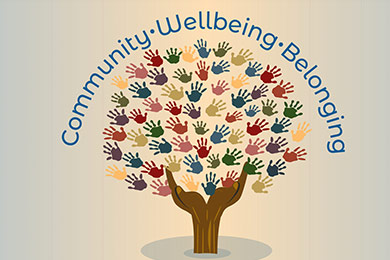
We’ve all felt “less than” at some point—not smart enough, not talented enough. But we’ve found that learning from our failures helps us grow. About TLL’s Flipping Failure initiative is […]

On Thursday, February 16, we hosted Dr. Maithreyi Gopalan to discuss her latest research on how students’ sense of belonging matters. Takeaways Professor Gopalan began her talk by discussing how […]

On Thursday, December 15, TLL hosted members of the RIC16 Ad Hoc Committee to discuss their year-long work to understand and document how MIT instructors and faculty fostered community, wellbeing, […]

by Lourdes Alemán & Melissa Cao Although student mental health has long been a concern in higher education, the pandemic, by its very nature, exacerbated students’ mental health. The pandemic […]

On March 30, 2022, TLL hosted a talk by Professor Carlton Fong of Texas State University on the many ways the COVID-19 pandemic impacted student motivation. Professor Fong discussed evidence-based […]

Collecting formative mid-semester feedback is an extremely effective way to gain targeted and specific information from students about what aspects of the subject support their learning.

Charged and stressful events occurring on campus or in the national or global community can create challenging classroom dynamics and distract students from their academic work. As an instructor, your […]

On October 26, 2021, we hosted a talk by Dr. Mays Imad on Trauma-Informed Teaching. Dr. Imad’s talk built on neuroscience research on trauma and learning and her experiences using […]

